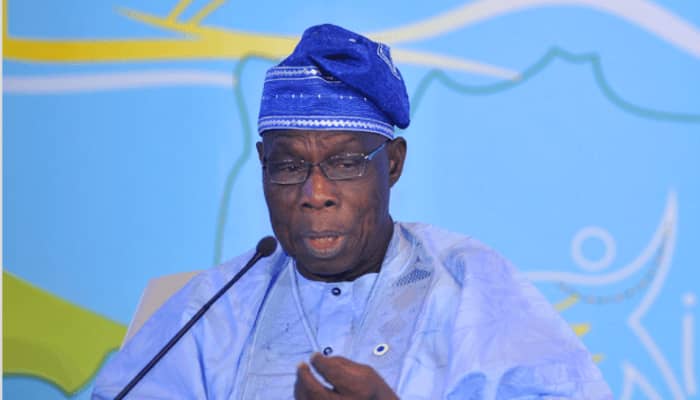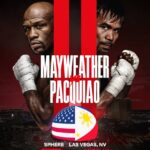At the Intra-African Trade Fair (IATF2025) in Algiers, former Nigerian President Olusegun Obasanjo reignited the push for a unified African currency, arguing that dependence on foreign currencies undermines the continent’s economic potential.
In a candid fireside chat moderated by CNBC Africa’s Fifi Peters, Obasanjo lamented the dramatic decline of the naira, recalling its former strength in 1979 when one naira equaled $1.80. “Now, it’s not even worth the paper it’s printed on,” he said, pointing to the current exchange rate of ₦1,600 to the dollar.
Obasanjo, who chairs the IATF Advisory Council, praised the African Export-Import Bank’s Pan-African Payment and Settlement System (PAPSS), which enables cross-border trade using local currencies. “If Algeria trades with Uganda, why should dollars or euros be involved?” he asked. “The Ugandan trader wants shillings, not dollars.”
He linked Africa’s economic fragility to historical injustices slavery, colonialism, and a global system that perpetuates dependency. Yet, he also highlighted the continent’s triumphs, such as ending apartheid and launching the African Continental Free Trade Area (AfCFTA), as proof of Africa’s capacity for self-determination.
Obasanjo stressed the need for inclusive governance that respects ethnic and religious diversity, warning against marginalization and conflict. He cited his mediation efforts between Rwanda and the Democratic Republic of Congo as an example of African-led peacebuilding.
“The IMF, World Bank, and UN were created before most African nations gained independence,” he said. “They weren’t designed for us. That’s why we must build our own systems including a single African currency to shape the future we deserve”.






